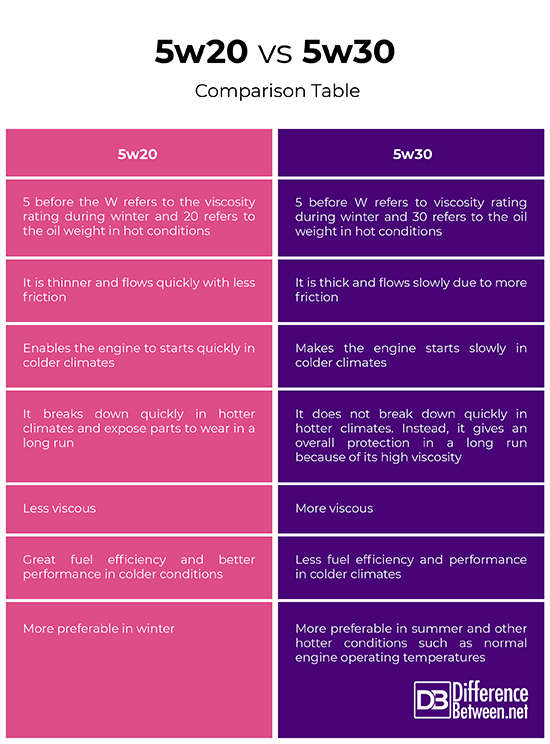What Can Engine Oil Be Used For? Engine oil is a vital component in the smooth operation of any vehicle. Its primary function is to lubricate the engine parts, which are constantly subject to friction—the main cause of wear on engine parts. However, engine oil has several other uses and benefits beyond lubrication. In this article, we will explore some of the various applications of engine oil.
1. Lubrication:
The main role of engine oil is to minimize friction and reduce wear between the components of the engine. It forms a protective layer between moving parts, such as the pistons, crankshaft, and camshaft, ensuring smooth operation and preventing metal-to-metal contact. This helps to extend the lifespan of the engine and improve its overall performance.
2. Cleaning:
Engine oil also plays a crucial role in keeping the engine clean. It helps to suspend dirt, debris, and contaminants in the oil until they can be removed during an oil change. This prevents the formation of deposits on internal engine components, such as valves and pistons, which can impede performance and cause engine damage.
3. Cooling:
Engine oil helps to dissipate heat generated by the engine. It absorbs heat from the moving parts and carries it away, preventing overheating and ensuring optimal operating temperatures. This is particularly important in high-performance engines that generate significant heat during operation.
4. Sealing:
Engine oil forms a seal between the pistons and cylinder walls, preventing combustion gases from escaping and maintaining compression within the engine. This helps to optimize engine performance and fuel efficiency.
5. Dampening Shock:
Engine oil acts as a shock absorber, dampening vibrations and reducing the impact of sudden movements on engine components. This is especially important in engines with high compression ratios or in vehicles that are frequently driven on rough terrain.
6. Corrosion Prevention:
Engine oil contains additives that help to protect engine components from corrosion and rust. These additives form a protective barrier on metal surfaces, preventing moisture and other corrosive agents from causing damage.
7. Energy Transfer:
Engine oil plays a role in transferring energy within the engine. It helps to transfer power from the combustion process to the moving parts, such as the crankshaft, camshaft, and valves, enabling the engine to operate efficiently and deliver optimal performance. Apart from its primary function in the engine, engine oil can also be repurposed and used in other applications. For example, used engine oil can be recycled and re-refined into lubricants, which can be used in various industries. It can also be processed into fuel oils and used as raw materials in the refining and petrochemical industries. Additionally, used oil filters contain reusable scrap metal, which can be recycled and reused by steel producers as scrap feed. This helps to reduce waste and minimize the environmental impact of used engine oil.
Conclusion:
In conclusion, engine oil is a versatile substance that serves multiple purposes. Its primary function is to lubricate the engine and reduce friction, but it also plays a role in cleaning, cooling, sealing, dampening shock, preventing corrosion, and transferring energy within the engine. Furthermore, used engine oil can be recycled and repurposed in various industries, contributing to environmental sustainability. So, the next time you change your engine oil, remember that it has the potential to be used in more ways than one.
Read More: Can You Reuse Engine Oil?


